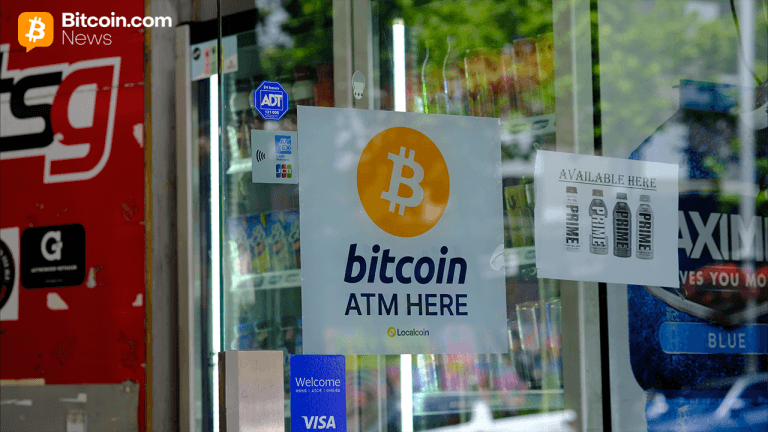Rent prices have dropped the most in these 5 U.S. metros. Why it’s cheaper to rent than buy in many markets
4 min read
Colorful cafe bars at the iconic Beale Street music and entertainment district of downtown Memphis, Tennessee.
benedek | iStock | Getty Images
Despite broad hikes in rental prices, competition is easing in some U.S. markets as inventory grows, according to a new report from national real estate brokerage HouseCanary.
At the end of 2022, the median U.S. rent was $2,305, which was nearly 5% higher than a year earlier. But median rents ended 2022 almost 6% lower compared to the start of the year, the report shows.
Although rent prices have cooled in some markets, others have continued to grow, including metros along the East Coast and through the industrial Midwest, HouseCanary found.
More from Personal Finance:
IRS warns tax refunds may be ‘somewhat lower’
Tech jobs hot in 2023 despite Amazon, Google, Meta, Microsoft layoffs
What’s in the Biden administration blueprint for a ‘renters bill of rights’
5 metros with the largest annual rent increase
These U.S. metropolitan real estate markets had the biggest year-over-year percentage increase in the median monthly single-family rental listing price from the second half of 2021 to the second half of 2022.
1. Indianapolis; Carmel, Indiana; Anderson, Indiana
Median rent at the end of 2021: $1,300
Median rent at the end of 2022: $1,700
Rent increase: 30.8%
2. Charleston, South Carolina; North Charleston, South Carolina
Median rent at the end of 2021: $2,195
Median rent at the end of 2022: $2,750
Rent increase: 25.3%
New Haven, Connecticut
Barry Winiker | Photodisc | Getty Images
3. New Haven, Connecticut; Milford, Connecticut
Median rent at the end of 2021: $2,250
Median rent at the end of 2022: $2,800
Rent increase: 24.4%
4. Naples, Florida; Marco Island, Florida
Median rent at the end of 2021: $5,200
Median rent at the end of 2022: $6,448
Rent increase: 24.0%
5. Pittsburgh
Median rent at the end of 2021: $1,520
Median rent at the end of 2022: $1,872
Rent increase: 23.2%
5 metros with the largest annual rent decrease
These U.S. metropolitan real estate markets had the biggest year-over-year percentage decrease in the median monthly single-family rental listing price from the second half of 2021 to the second half of 2022.
1. Memphis, Tennessee
Median rent at the end of 2021: $1,800
Median rent at the end of 2022: $1,695
Rent decrease: -5.8%
2. Port St. Lucie, Florida
Median rent at the end of 2021: $2,800
Median rent at the end of 2022: $2,650
Rent decrease: -5.4%
Cape Coral, Florida
Keita Araki / Eyeem | Eyeem | Getty Images
3. Cape Coral, Florida; Fort Myers, Florida
Median rent at the end of 2021: $4,000
Median rent at the end of 2022: $3,795
Rent decrease: -5.1%
4. Palm Bay, Florida; Melbourne, Florida; Titusville, Florida
Median rent at the end of 2021: $2,300
Median rent at the end of 2022: $2,200
Rent decrease: -4.3%
5. Phoenix; Mesa, Arizona; Chandler, Arizona
Median rent at the end of 2021: $2,350
Median rent at the end of 2022: $2,300
Rent decrease: -2.1%
‘It’s a pretty dramatic shift’ housing experts says
As rent prices ease and mortgage rates rise, it’s become cheaper to rent than buy in many markets.
Renting a three-bedroom home is more affordable than owning a comparable median-priced property in most of the country, according to a recent report from Attom, a real estate data analysis firm.
Similarly, Realtor.com’s December rental report published Thursday found the U.S. median rental price, $1,712, was nearly $800 cheaper than the monthly cost for a starter home.
“It’s a pretty dramatic shift,” said Rick Sharga, executive vice president of market intelligence at Attom, pointing to one year ago when it was cheaper to buy than rent in 60% of the markets Attom analyzed. “You simply can’t overstate the impact that higher financing costs have had on homeownership.”
While mortgage interest rates have recently cooled, rates more than doubled in 2022, which has never happened in one year, according to Freddie Mac. In January 2022, the average 30-year fixed rate mortgage was around 3% before jumping to over 7% in October and November.
Sharga said the mortgage rate increase made monthly mortgage payments 45% to 50% higher for a home purchase, even as home price appreciation slowed. “That probably is the single biggest factor in creating that shift,” he added.
The decision to rent or buy is ‘always a matter of timing’
While conditions for homebuyers may be somewhat more favorable in 2023, it’s difficult to predict whether the economy is heading for a recession, which may shift financial priorities, experts say.
“One thing to always keep in mind is that markets are constantly changing,” said Keith Gumbinger, vice president of mortgage website HSH. “If you don’t need to be in this marketplace right now, you’re probably better to hold off and watch conditions change.”
Of course, there’s more to home-buying decisions than home prices and mortgage interest rates. “The decision on whether to rent or buy is always a matter of timing,” he said. “And more importantly, it’s a matter of need.”







